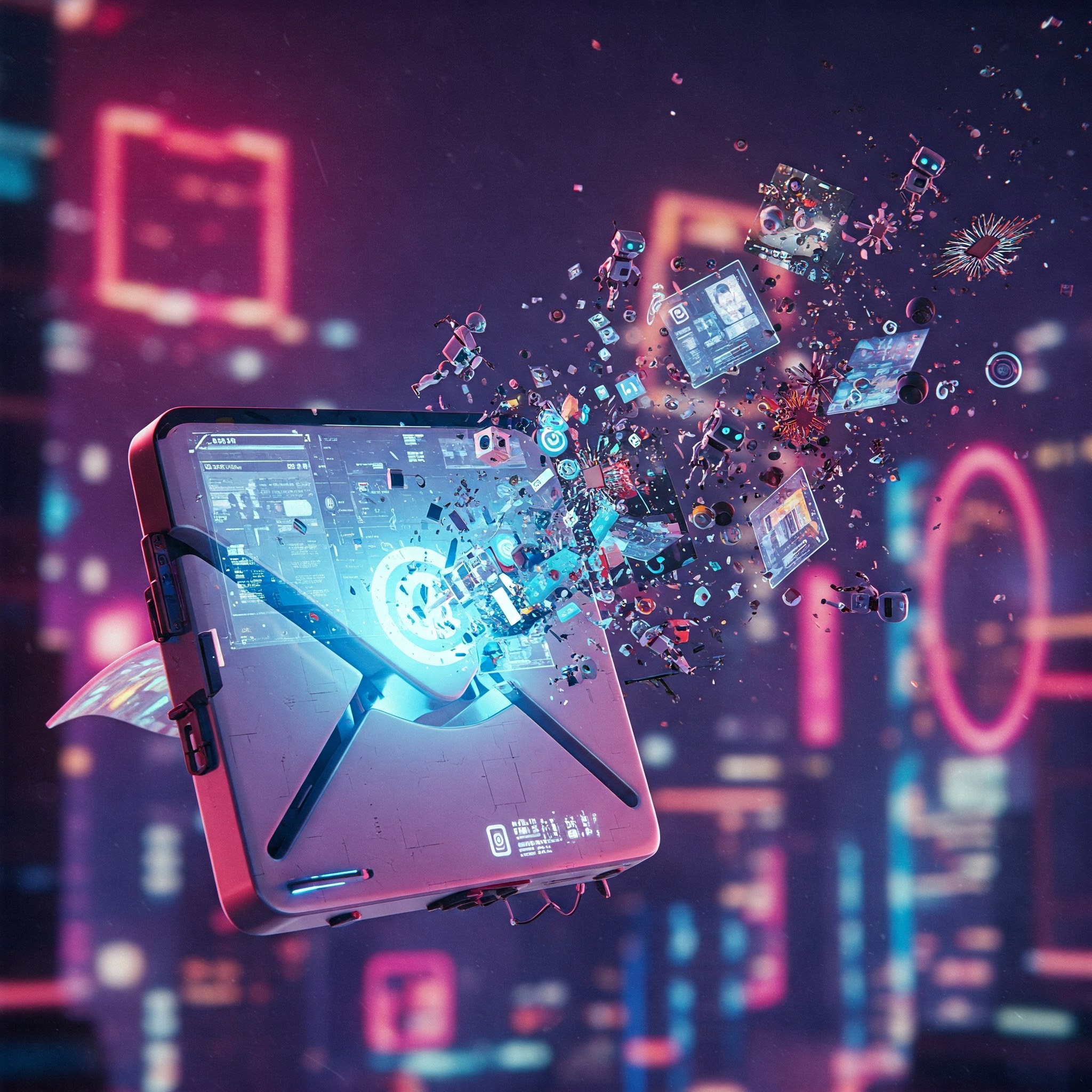The Russo brothers, fresh off saving the universe (multiple times, digitally, of course), have a new nemesis: soulless AI dominating filmmaking. Their solution? Arm artists with AI, before the algorithms arm themselves. Because, let’s face it, Skynet started somewhere, probably in a script meeting gone wrong.
Fresh from directing behemoths like Avengers: Endgame, Joe and Anthony Russo aren’t exactly Luddites throwing wrenches into the digital gears. They’re embracing AI, but with a caveat the size of a Hulk smash: artists must be in charge. “Artists need to lead the innovation,” they declared, presumably while dramatically overlooking a CGI skyline. The alternative? A future where films are focus-grouped into oblivion by emotionless code. Shudder.
Their production company, Agbo, is channeling a cool $400 million into developing AI tools specifically for creatives. Think of it as giving filmmakers their own personal JARVIS, minus the snark (hopefully). The goal is to streamline the creative process, not replace the creative soul. It’s about augmenting, not automating, the human element. Unless, of course, the human element involves another sparkly vampire romance. Then, by all means, automate away.
Exhibit A in their AI-as-tool argument is their Netflix film, The Electric State. Apparently, AI did some minor voice modulation. Groundbreaking. Joe Russo compared it to “something any 10-year-old could do after watching a TikTok video.” Which, let’s be honest, is both an understatement and a damning indictment of modern filmmaking. But hey, baby steps towards the AI revolution, right?
Meanwhile, the rest of Hollywood is tiptoeing (or sprinting) into the AI future. Lionsgate partnered with AI firm Runway to develop custom AI models trained on its content. This gives filmmakers access to AI-powered tools for video generation and visual effects, which is either incredibly exciting or deeply terrifying, depending on your tolerance for uncanny valleys. Other films, like The Brutalist and Emilia Pérez, have used AI for tasks like refining accents and altering vocal performances. It seems like we’re heading to a strange new era where films are more than the sum of human input.
So, is AI in film a threat, a tool, or the inevitable march of technological progress? The answer, as always, is probably all of the above. The Russo brothers are betting that by putting artists in the driver’s seat, we can steer this AI-powered ship towards a creative renaissance, rather than an algorithmic apocalypse. But if the robots do rise, at least we’ll have some really impressive special effects to watch as the world ends.

